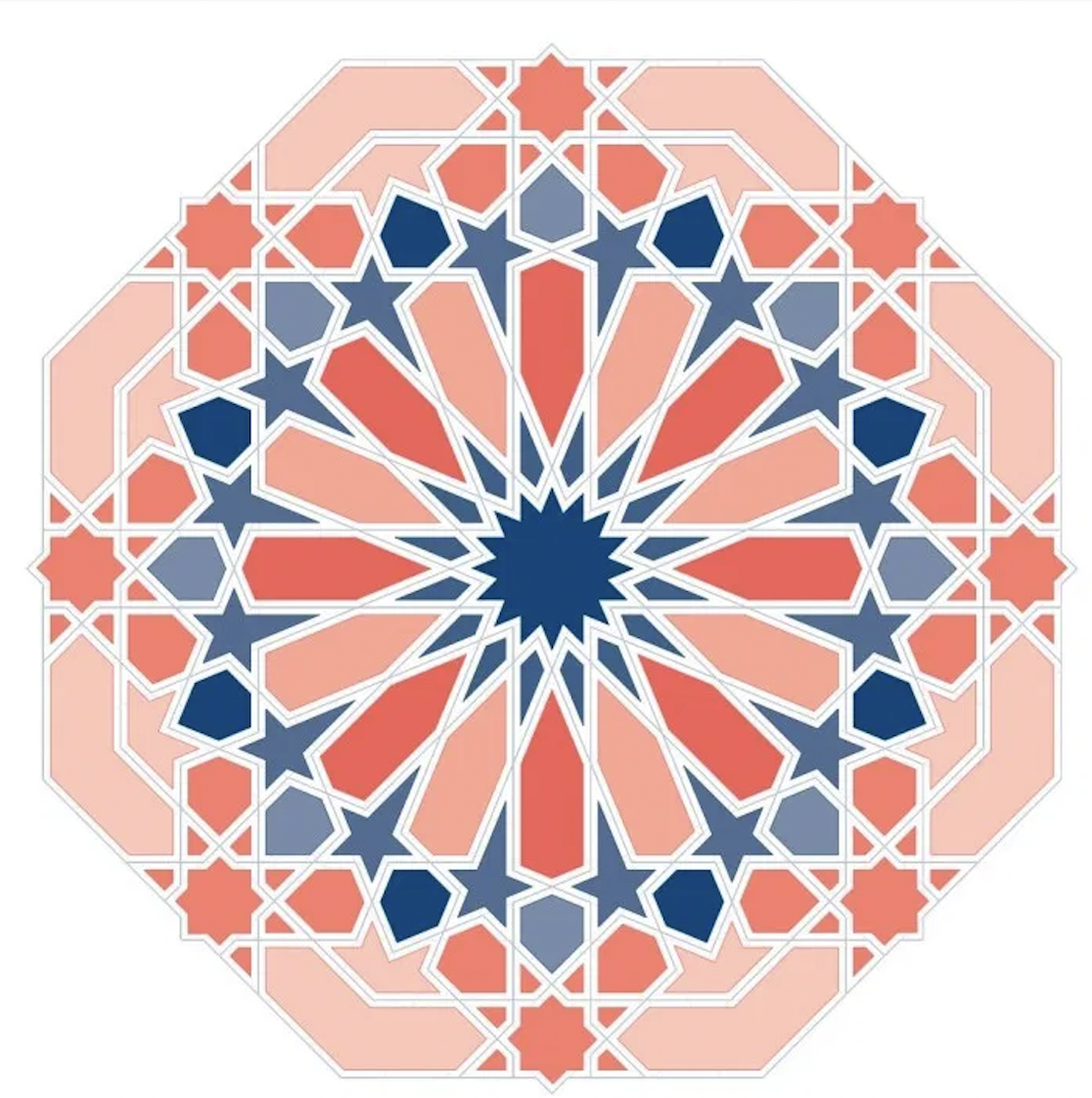“Without Islam there would be no Shakespeare”
William Shakespeare (1564-1616), England’s most famous playwright and symbol of Britishness, made heavy use of use of Muslim figures, objects and places in his works.
On Shakespeare Day (23 April), I am remembering the close connection he had with the Islamic world in his works.
Due to Elizabeth I’s alliances with the Muslim world, which saved England from economic collapse; the influence of the Muslim culture on England was immense and this penetrated into literature and theatre.
Historian, Mathew Dimmock, matter-of-factly states: “Without Islam there would be no Shakespeare”. He adds: “Without Tudor and Jacobean England’s rich and complex engagement with Islamic cultures the plays written by William Shakespeare would be very different, if they existed at all.”
Theatre in England was starting to grow in popularity in Elizabethan England. The first commercial playhouse opened in 1576, and stories that involved the Islamic world and its Muslim characters turned out to be massive crowd-pullers. There were in fact, more than 60 plays between 1576-1603 that featured Turks, Moors and Persians.
Historian, Jerry Brotton reaffirms this view: “Othello did not begin life as a play about race in a modern understanding of the term. Our conception of race - identifying people by their physical features (such as skin colour) or ethnic characteristics – entered the English language only in the eighteenth century.”
Jerry Brotton continues, “The crux is Shakespeare’s use of the term “Moor.” In Othello, Shakespeare exploited its dual meaning of “Mahometan,” or Muslim, and “Maurus,” or black. The play uses both meanings but Othello’s blackness has come to pre-dominate.”
There were many more of Shakespeare’s plays besides Othello that featured Muslim characters, places and objects. ‘Twelfth Night’ contains many references to the Islamic world for example, ‘Titus Adronicus’ has a Moorish character, and ‘Taming of the Shrew’ refers to “Turkey cushions embossed with pearl.” But this is just the surface of it.
In fact, Matthew Dimmock states that Shakespeare included “around 150 references to Islamic motifs in 21 plays – to Turks and Saracens, to ‘Mahomet’, Morocco and Barbary.”
Elizabethan England did not at that time use the term ‘Muslim’; They instead used a multitude of words to describe followers of the Islamic faith from ‘Moor’, ‘Arab’, ‘Saracen’ and ‘Turk’. The words were often used interchangeably, and can lead to much confusion about the Muslim presence and impact on history, because often the dots are not connected.
The fact is the Shakespeare and English people at that time knew the Muslim world, and were aware of its riches and power. They most likely met Muslim people who came to England as diplomats or traders. They certainly knew the goods and indulgences that came from the Muslim world including carpets, exotic foods and coffee.
These facts from history destroy the mainstream narrative that Muslims are alien to the western world, and only arrived in the United Kingdom as part of the immigration waves of the 1950s and 1960s. This is a myth, and belies the depth of interaction that the west had with the Muslim world. And also, the influence that the Islamic world exerted on this small, once insignificant island.
